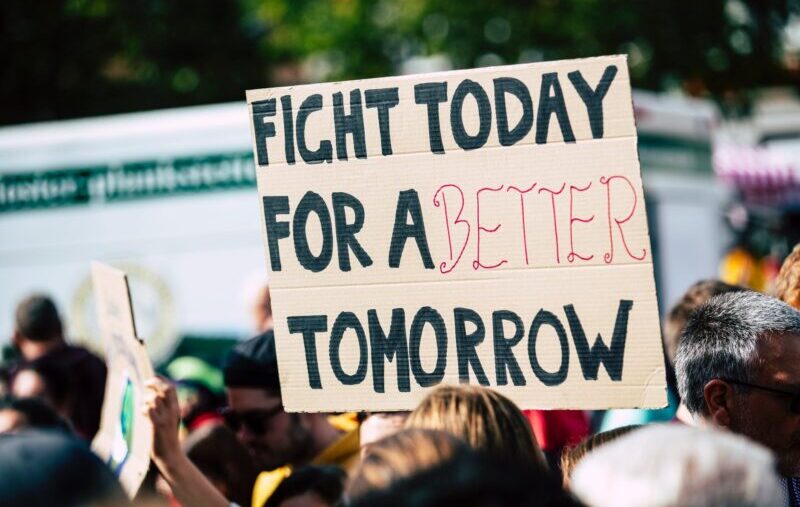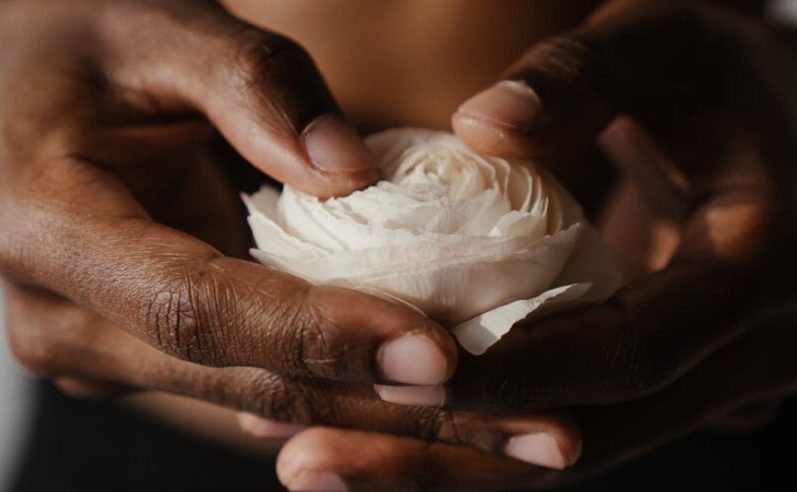I pray there is at least one person before whom you can be imperfect. I have several in my life, and they are such a relief and joy to be around.
{Richard Rohr}
Here in my 50th year, when the phrase “mid-life” can no longer be used with anything close to mathematical accuracy, I am singularly proud of one accomplishment. And it is the fruits of this accomplishment, I am convinced, that will see me through the next 50 years, or however many more are mine to claim.
That accomplishment is the cultivation of a small and extraordinary group of people with whom I can be imperfect.
I consider this an accomplishment of such importance, in part, because it took so long to achieve.
For too long it was just too expensive to allow anyone to see the version of myself that was not in control, that was scared, doubtful, and overwhelmed. Others could see those things, of course, but I made sure to keep enough space between us so that any kind of reckoning could not take place. As a result, none of the vulnerability that keeps us in the mutually reinforcing orbit of healthy relationship could materialize.
Eventually, my facade of competence was destroyed, as all have to be for anything new to emerge and slowly, in that emergence, it became possible to cultivate “the gifts of imperfection.”
What that means in practice is that when I find myself, especially under stress, defaulting to competence as a bulwark against insecurity, I am more likely to be “invited” back to the more fully human version of myself by those faithful few I am fortunate to call partner, colleagues and friends.
That invitation, issued and answered, always results in feelings of relief and joy, the kind that only exist in the realm of what is authentic and true.




